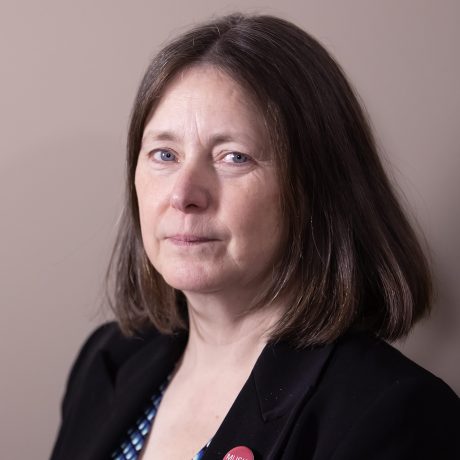Bridget’s Blog: Advocating through diversity and commonality
14th June 2024

Music Mark is proud to be the UK Association for Music Education and to support our members across the UK. Our training, events and resources are valuable to the whole music education sector, and our communications reflect both the diversity and commonality of the sector across the UK. Sometimes our work can be quite country-specific and last month, England was a focus for us (despite some great events and activities in the other three nations including a National Music Service for Wales Open Forum in Carmarthen and the Scottish Young Musician of the Year finals in Glasgow).
The month started with the government/Arts Council England announcement of the new Music Hub Lead Organisations who will lead regional partnerships across the new 43 Music Hubs and ended with an Education Select Committee meeting to discuss the Music Hub Investment Programme and the National Plan for Music Education in England. Both reminded me again of that diversity and commonality.
The new Music Hub network remains led by a mix of organisations and consortia, but each is working to find the best way to provide a great music education for the children and young people in their area. It is clear from conversations with new hub leads that all the paperwork and strategic meetings to build the partnerships is taking time and it’s unlikely that everything will be in place for September. The conversations regularly come back to how the network of delivery organisations will continue to provide a quality music education to the communities they serve.
On the 21st May, the Education Select Committee heard evidence from current Music Education Hub leaders. Each talked from their local perspective, but all talked passionately about the impact their work is having.
In addition to these first-hand experiences from hub leaders, Music Mark, the MU and the ISM were invited to give evidence as national bodies. Preparing to attend the Select Committee gave me the opportunity to reflect on what, as Music Mark, we would want politicians to know about music education and why. Knowing I would have limited time to speak and that, like the MPs I was talking to are skilled in doing, I would need to perhaps shoehorn my points into the answers I gave to their questions. I reflected again on the six key asks of the next government which we published in March. I was also able to ask some Members in a Big Meet the day before so was armed with plenty of notes.
I am hopeful that I managed to get most of the key points I wanted to make across and the letter the chair of the Select Committee wrote to the Minister two days after the meeting did appear to reflect the evidence they heard from the two panels.
I think it is unlikely that we will see any response to that letter as we are now heading towards a general election. Whilst everyone will go to the polls, it is likely to be England that will see significant changes in July in terms of arts and education (primarily due to devolved government of these areas of policy).
However, I do think all our members across the UK – and indeed many in the wider Music and Education Sectors – will be focused on what the political parties are saying (or not) about their plans for our diverse yet common activities. I remain convinced that music has the power to change lives, to transform both individuals and communities and I can only hope that mine, Music Mark’s and the many other voices that are championing that conviction will be heard and that every child and young person will be able to echo these words – printed alongside our six asks:
‘Music education is important to me as it is a way for me to express myself. I can share my passions and interests through music and it is an important part of my identity.’ London Youth Folk Ensemble participant


